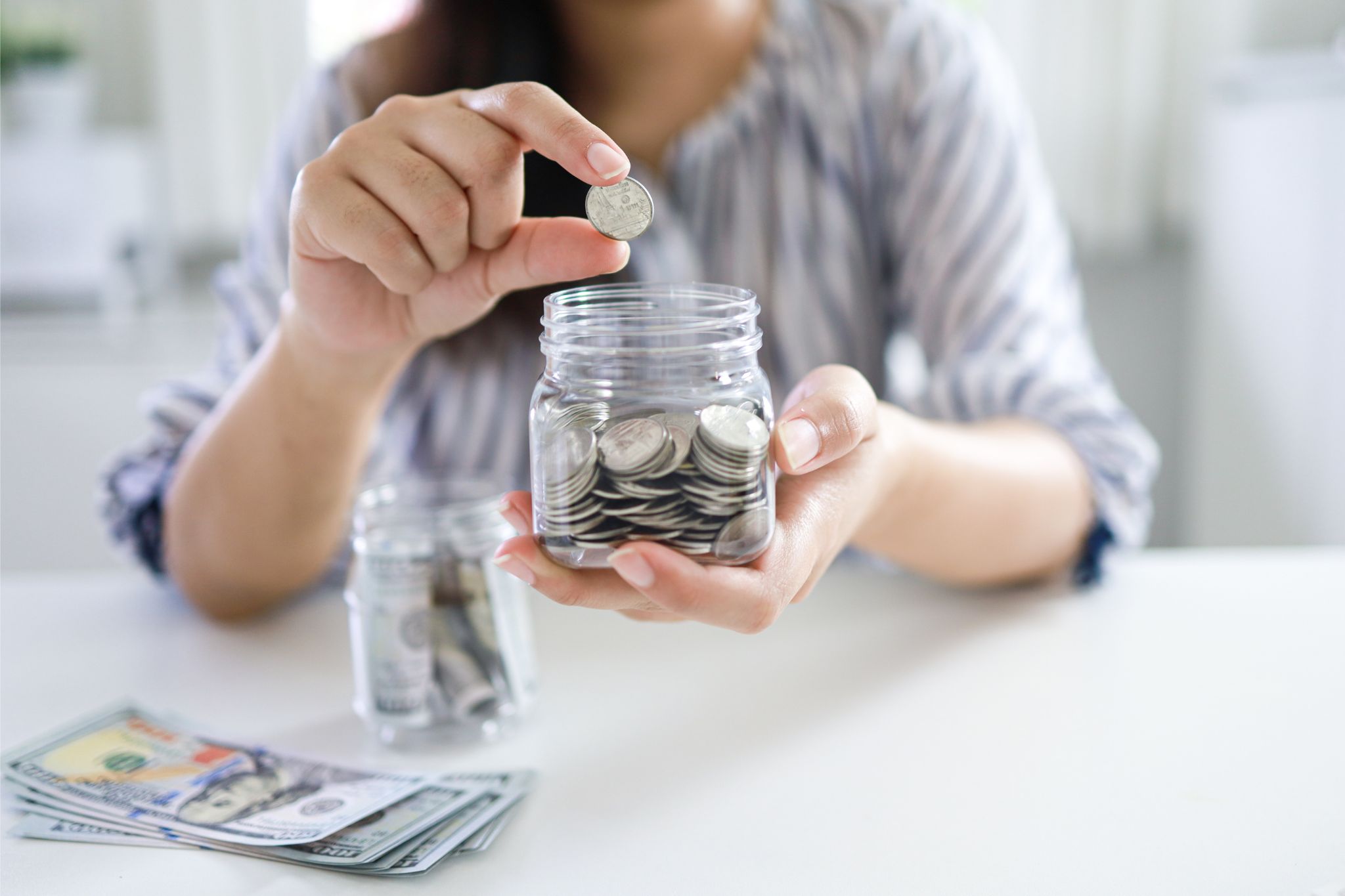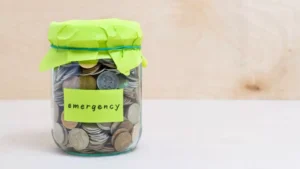You don’t have to give up a lot or live a boring life to save money. Small, regular habits we develop in our daily lives often make the biggest difference. A few simple changes can help you save a lot of money, whether you want to reduce your expenses, save for a big purchase, or build an emergency fund. Here are a few simple things you can do every day to save more without overthinking it.
Track your daily expenses
Keep track of where your money goes. This is one of the most helpful habits you can develop. Many people are surprised by how much they spend on everyday things like food, coffee, and online services. Keeping a simple log in a notebook or a planning app will give you insight into where your money goes.
When you track your daily expenses, you become more aware of your habits. With this awareness, you’ll naturally buy less unnecessary things and save money.
Cook more at home
If you’re constantly eating out or grocery shopping, you’ll run out of money faster than you think. Cooking at home is not only better for you, but also cheaper. If you plan ahead, you can make multiple meals at once and freeze them for the entire week. This helps you resist the urge to order expensive food at the last minute.
First, make a list of simple meals you enjoy and stick to it. Cooking at home can save you a lot of money and gives you more control over your diet.
Set up automatic savings
Many people find it difficult to save money because they don’t know how much they’ll have left at the end of the month. “Pay yourself first” is a better plan. When you set up automatic savings, a certain amount of your money is deposited into a savings account before you can spend it.
Small monthly transfers of, say, €50 or €100 take time to build up. By setting a savings goal, you can build financial security without constantly feeling like you’re giving something up.
Cancel unused subscriptions
Subscriptions are easy to use, but they can easily eat into your regular budget. You often still get bills even if you stop using fitness apps, meal delivery services, streaming services, or magazines.
When checking your monthly bill, don’t forget to cancel the services you no longer use. Canceling just two or three unused services can save you hundreds of euros a year.
Make a list before you go shopping and stick to it
A common reason people overspend is buying unnecessary things. Next time you go shopping, make a list of everything you want to buy and force yourself to buy only what’s on your list. This applies to everything, not just food. It also applies to clothing, household items, and even online orders.
Sticking to your list can help you stay on track and avoid unnecessary expenses. This habit will save you a lot of money in the long run.
Skip your credit cards and use cash instead
While credit cards are convenient, they can also lead to overspending. Paying with cash takes the money out of your wallet, giving you better control over your spending.
Try to use cash for everyday expenses like food, dining out, and entertainment. If you run out of money, you won’t be tempted to spend more than you can afford. This small amount of spare change can significantly reduce impulse buys.
Take advantage of coupons and discounts
Before you buy anything, take the time to check for deals, special offers, or giveaways. Many stores offer coupon codes, cashback apps, and loyalty programs to help you save money. The savings may not seem small at first, but they can add up over time.
Don’t buy something just because it’s on sale. You can actually save money by buying only what you really need and when prices are lower.
Cut back on expensive coffee and dining out
A cup of coffee on your commute or eating out a few times a week might not seem like a big deal, but these small expenses can add up to hundreds of euros a month. You can make coffee at home and bring your lunch to work.
This doesn’t mean you can’t dine out or treat yourself occasionally. The key is moderation. By cutting back on these small treats, you can save money without going hungry.
Don’t spend emotionally
Many people spend money when they’re angry, bored, or happy. Emotional shopping often makes people feel bad afterward, even if it feels good at the time. Be aware of
Buying items like toiletries, cleaning supplies, or kitchen essentials in bulk can be more cost-effective. This habit can help you save money in the long run and reduce your grocery shopping trips.
But make sure you only buy items you use often when buying in bulk. Otherwise, you risk losing money or misplacing items.
Set small savings goals
It can be difficult to stick to large financial goals, like saving for retirement or a down payment on a house. Setting smaller, achievable goals will help you save more.
Try a “no-spend weekend” campaign or set a goal of saving $200 a month. Small victories like these can keep you going and encourage you to save more over time.
Frequently Asked Questions about Daily Money Saving Habits
I don’t have a savings account because I live paycheck to paycheck?
Start small. Saving a little each week, like $10 or $20, can help. Limit unnecessary daily expenses, such as unplanned dining out or shopping trips.
Do planning apps really help you save money?
Yes, planning apps can help you track your expenses, set savings goals, and find ways to save money. They help you stay organized and reduce stress.
Should you save money first or pay off your debt first?
It depends on the situation. It’s usually best to pay off high-interest debts like credit cards first. Also, set aside a small amount for unexpected expenses.
How much should I save each month?
In general, it’s best to save at least 20% of your salary. However, the specific amount depends on your goals and financial situation.
What’s the best way to start if you’ve never saved before?
The best approach is to deposit a small amount into a savings account each month. Once you’ve developed this habit, you can gradually increase the amount you save.
Summary
Saving money doesn’t have to be difficult or stressful. You can improve your finances with simple daily habits, like tracking your expenses, cooking at home, eliminating services you don’t use, and resisting the urge to buy things you don’t need. The key is consistency. Doing small things every day will save you money in the long run and help you achieve your financial goals.




